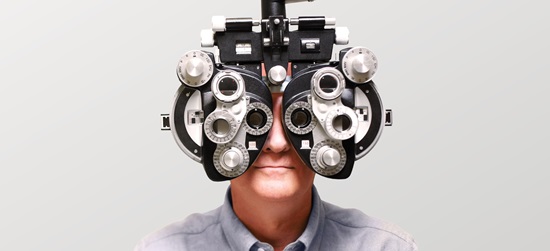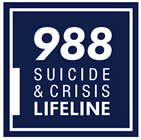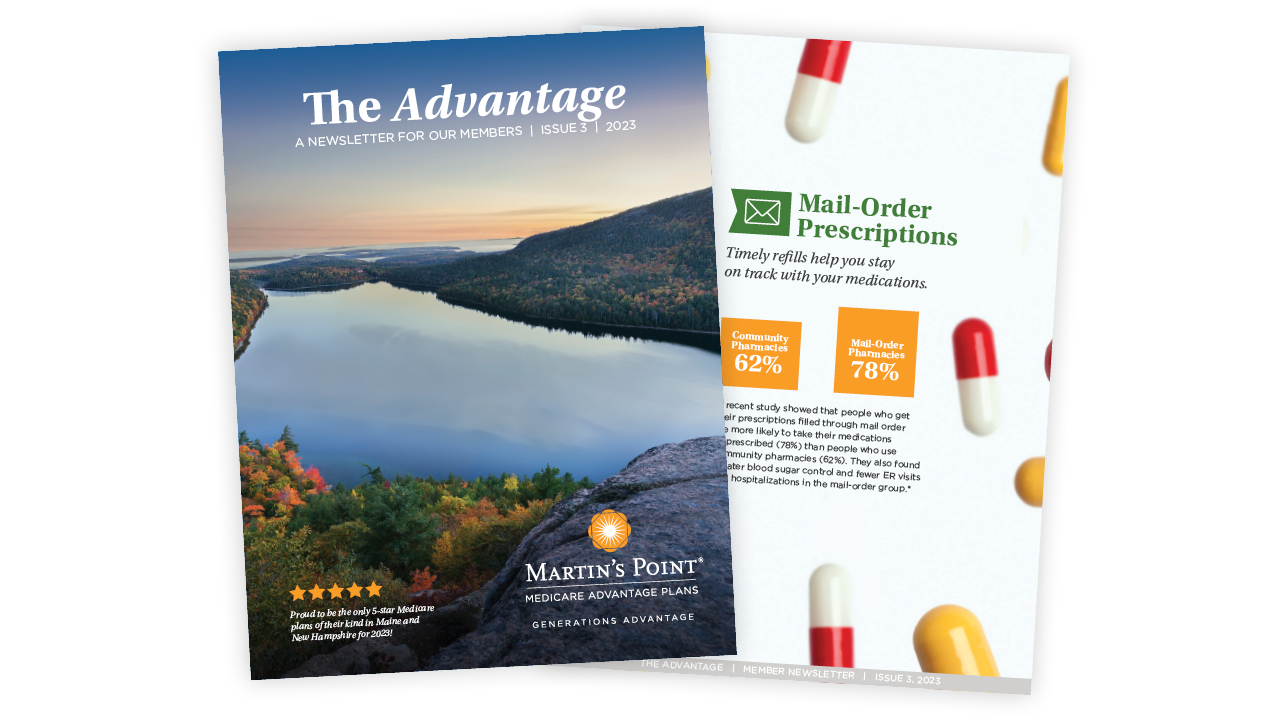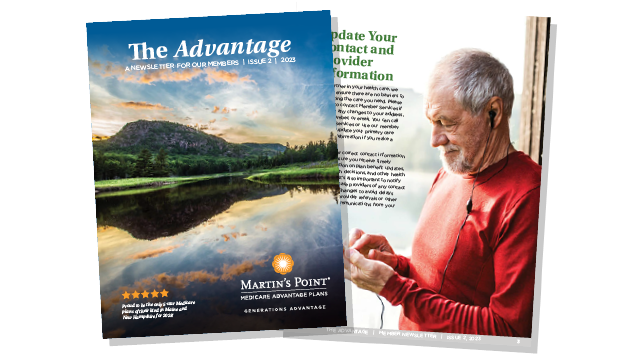The Advantage | ISSUE 1 | 2024
A Newsletter For Our Members
Posted 03/05/24
For more of The Advantage member newsletter
The Advantage - Issue 1, 2024 (PDF) - March 3rd, 2024
In this edition:
Caring for the Whole You!
A Note from Dr. Marty
I hope your start to the new year has been as healthy and happy as possible. With spring right around the corner, it’s a good time to hit the “refresh” button on your health care planning for the rest of the year. As you do so, it’s important to consider all aspects of your health.
Your providers and I know that in caring for a patient, we must care for the whole person—attending to both their physical and their mental health. As your health plan, we share that view and are here to support that holistic care.
In this issue, you’ll find articles that highlight how we’ve designed benefits and programs to support the whole you: from extras like our Wellness Wallet and nutrition benefits that promote staying active and eating well to preventive screenings that help find health concerns at their earlier and more treatable stages to all-important mental health support. We hope you’ll take full advantage of these benefits to ensure your best health—physical and mental!
Best wishes from all of us at Generations Advantage

Martin Wesolowski DO MBA
Vice President Medical and Pharmacy Management
Let Us Know How We're Doing!
Every year The Centers for Medicare and Medicaid (CMS) requires Medicare Advantage plans to seek feedback from a sample of their members using two surveys—the Consumer Assessment of Healthcare Providers and Systems (CAHPS) and the Health Outcome Survey (HOS). You may receive one or both of these surveys.
The CAHPS survey asks about your experience with the care you receive from your health plan, providers, and drug plan. The HOS measures the quality of health care Medicare members receive and asks about your physical and mental health. It also asks if providers are addressing certain topics like physical activity, urinary incontinence, and falls.
Please complete any surveys you may receive. They are an important way for Medicare to hear directly from you about your health care experiences and for us to understand areas for improvement. If you have questions about the surveys, please call Member Services at 1-866-544-7504 (TTY: 711). Thank you, in advance, for taking the time to let us know how we are doing!

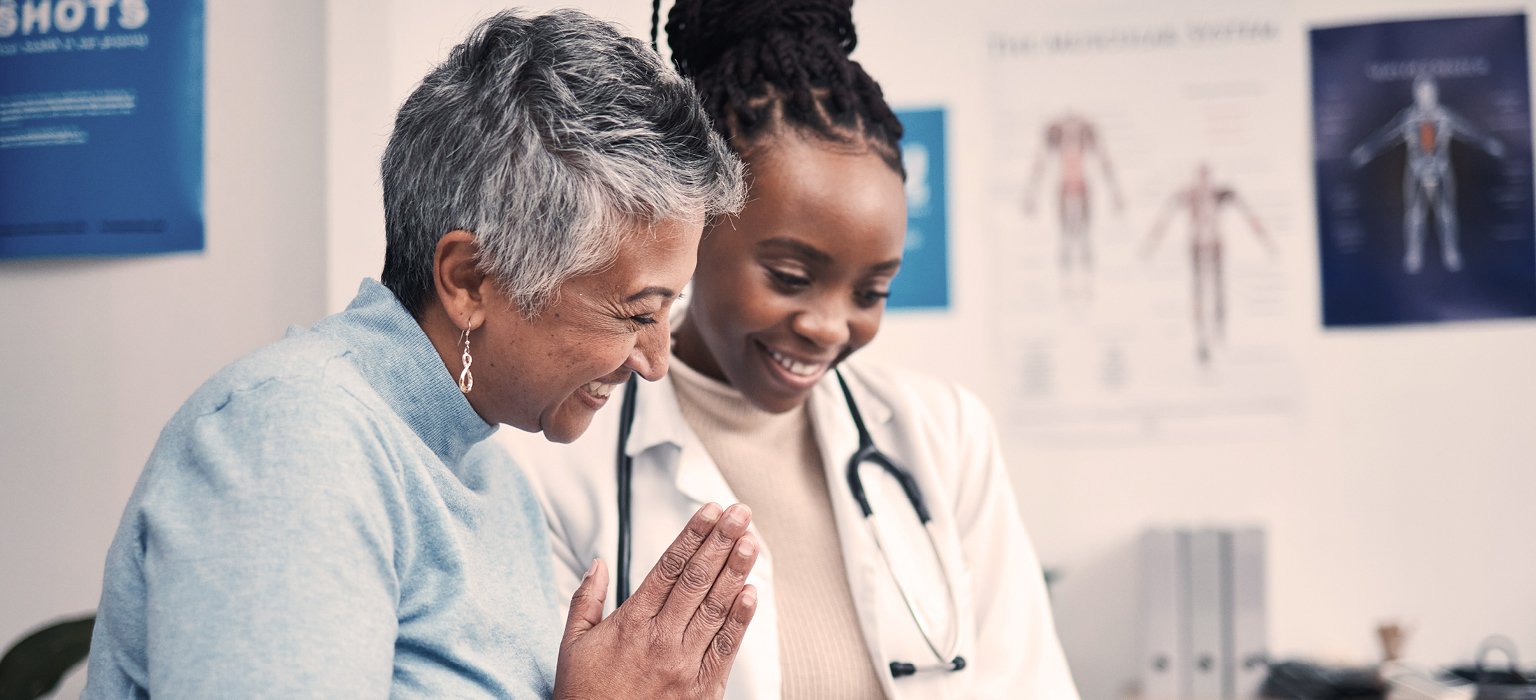
Breast Cancer Risk Factors
There are actions you can take to reduce your risk!
With one in eight women being diagnosed with breast cancer in their lifetime, it’s key to be aware of your risk factors and get regular mammograms to promote early detection and treatment of any existing cancer for the best outcome.
The two most common risk factors of breast cancer are being born female and getting older. There are other risk factors you are born with or cannot impact like genetics, family history of breast cancer, dense breast tissue, or previous exposure to radiation therapy. Your reproductive history can also affect your risk, for example, a pregnancy after 30 years old, not breastfeeding, and/or not experiencing a full-term pregnancy.
Breast cancer risk factors you can affect:
- Not being physically active
- Being overweight or diagnosed with obesity after menopause
- Taking certain hormone replacement therapy for more than five years or taking certain oral contraceptives
- Drinking alcohol (Moderate drinking for women is one or fewer drinks per day.)
- Smoking
- Exposure to some chemicals and hormone changes related to night-shift work
Reducing your risk factors does not replace the need to get regular mammograms. Ask your provider if you are due for your screening.

Generations Advantage covers in-network screening mammograms every 12 months for women aged 40 and older at no cost. Your Wellness Wallet benefit can be used to purchase equipment/services to help you be active and achieve a healthy weight.
Colorectal Cancer Screenings
Get screened to prevent or catch cancer early!
Colon cancer is the fourth-most-common cancer found in men and women (excluding some skin cancers). Many cancers are not detectable until in later stages, but colorectal cancer can be found early or even prevented through regular screening. There are several screening options available, though, for most people, colonoscopy is preferred.
Some benefits of a colonoscopy are:
- Precancerous polyps can be removed during the procedure.
- Recommended frequency of screening is every 10 years (for those without an increased risk of colorectal cancer).
- If something unusual is discovered using a different screening, a follow-up colonoscopy would be recommended.
Below is a chart of the colorectal cancer screening options with recommended frequency and screening location. Talk with your doctor about which screening would be best for you.
| Screening Test | How Often Screening Is Recommended | Where It's Done |
|---|---|---|
| Fecal Occult Blood Test (gFOBT, iFOBT) | Every calendar year (between ages 45–75) | At home |
| Fecal Immunochemical Test (FIT) | Every calendar year | At home |
| DNA-based Test: Cologuard® | Every three years | At home |
| Flexible Sigmoidoscopy OR Screening Barium Enema | Every five years | At facility |
| Colonoscopy Screening | Every 10 years | At facility |
Colorectal cancer screening is now recommended for people aged 45–70 years due to an increase in diagnoses in those under 50. The overall drop in colorectal cancer rates over the years has been attributed to increased screening.
Get screened—avoid cancer altogether or catch it much sooner, when it’s easier to treat.

Generations Advantage covers in-network preventive colorectal cancer screenings at the recommended age and frequency at no cost. Please see your Evidence of Coverage for details.
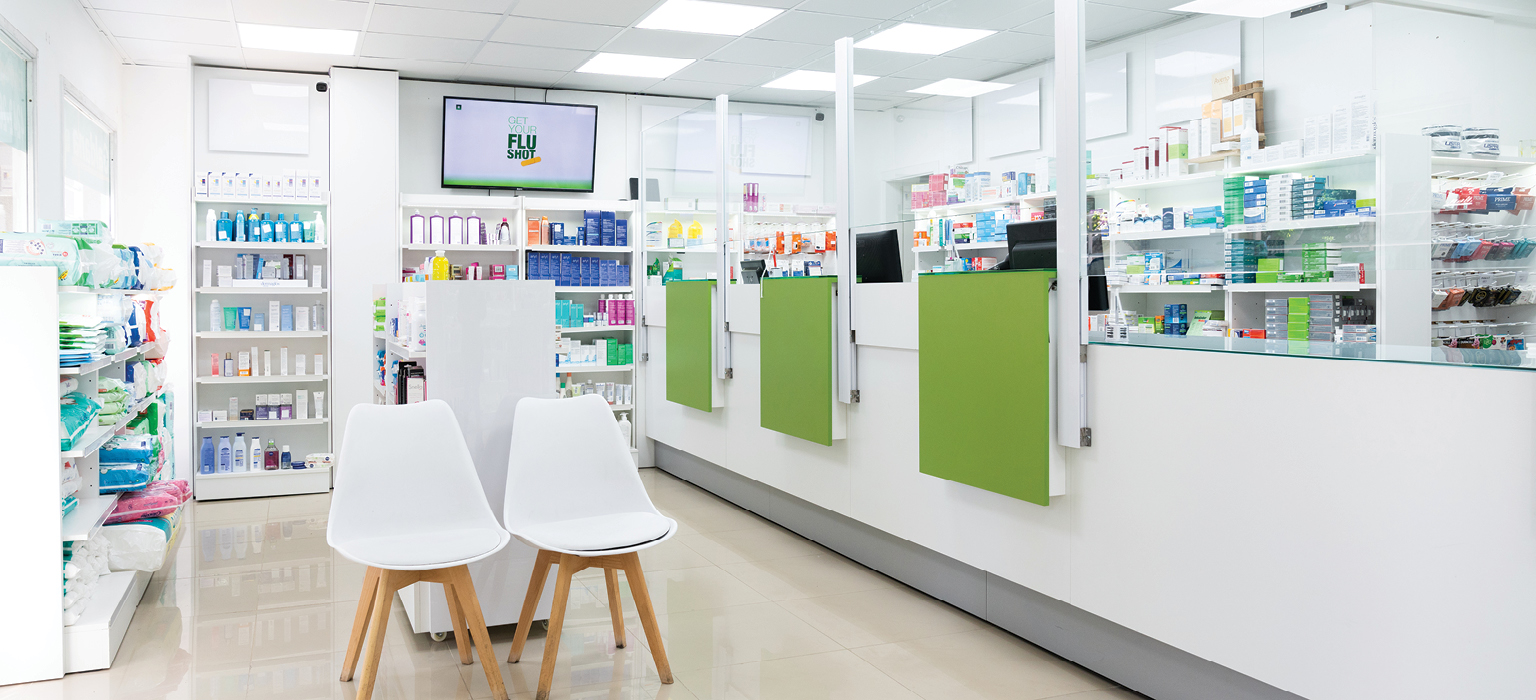
New Drug Tier for Prime, Access, and Select Plans!
In 2024, the Prime (HMO-POS), Access (LPPO) and Select (LPPO) plans have a sixth tier of medication coverage called “Select Care” drugs. This includes commonly prescribed generic medications used to treat high blood pressure, high cholesterol, and diabetes. Tier 6 has a $0 copay during the Part D deductible, initial coverage, and coverage gap phases when filled at a preferred retail pharmacy or through the CVS Caremark mail-order pharmacy.
Not all generic medications used to treat the conditions noted above are included on Tier 6. Enalapril, rosuvastatin, and glimepiride are examples that are covered on Tier 1, not Tier 6. You can view the list of covered drugs at MartinsPoint.org/PartD to see your medication’s tier.
With the convenient CVS Caremark mail-order option, you can sign up for automatic refills when our records show you should be close to running out. You will be contacted before shipping to make sure you need more.
To learn more or sign up, please call CVS Caremark Customer Care at 1-888-296-6961. You can also find information in your Generations Advantage Evidence of Coverage.

Online Wellness Wallet and Eyewear Reimbursement Requests!
For your 2024 Wellness Wallet and eyewear purchases, we offer two ways to submit for reimbursements. You can now request online for easier and quicker processing. First, create a Generations Advantage member portal account. Then, visit MartinsPoint.org/WellnessWallet for instructions and a button to SUBMIT ONLINE NOW.
Please note that you will need to upload your receipts and proof of payment documents as part of the online submission process. Reimbursements by check arrive in approximately 7–10 business days, faster when you sign up for direct deposit.
If you prefer, you can still submit for reimbursement by mail using the 2024 Member Reimbursement Form also available at the web address noted above. Be sure to include a copy of your itemized receipt(s) and proof of payment. If the request form is complete and the item is eligible for reimbursement, you should receive a check within 4–6 weeks.
Living with Diabetes
Protect your vision with yearly eye exams!
If you are living with diabetes, taking extra care of your eye health is extremely important.
Did you know?
- A person with diabetes has a 25-times-higher risk of blindness than someone without diabetes.
- 90% of vision loss caused by diabetes can be avoided with early detection and treatment.
Getting a diabetic eye exam every year is highly recommended because these screenings can detect eye disease long before you may have any symptoms. For these exams, also called dilated-eye exams, eye drops enlarge your pupils so your doctor can examine the back of your eyes. They will look for swelling of the retina, leaking blood vessels, nerve damage, cataracts, and other eye diseases more common with diabetes.
In addition to diabetic retinopathy, which is damage to the blood vessels in the retina and causes the most blindness in those with diabetes, there are other eye diseases that impact people with diabetes at a higher rate:
- Cataracts: people with diabetes are 2 to 5 times more likely to develop cataracts and develop them at younger ages.
- Open angle glaucoma: having diabetes doubles your risk of this form of glaucoma.
In addition to getting annual diabetic eye exams, managing your blood sugars is essential. Uncontrolled blood sugars not only increase your risk of eye diseases but can also cause problems with your kidneys, heart, and circulatory system. Speak with your primary care provider or endocrinologist if you are having difficulty managing your blood sugars with your current treatment plan.

Generations Advantage covers a yearly in-network diabetic eye exam at no cost for those living with diabetes.
Osteoporosis
Ask your provider about bone density scans.
Osteoporosis—weak and brittle bones—is a common disease, especially in women. Unfortunately, this “silent” disease is often only diagnosed after a person has a bone fracture. Osteoporotic fractures can lead to pain, poor quality of life, or even death.
A bone density scan is the best way to diagnose osteoporosis. This exam is a quick and painless X-ray or ultrasound that tests bone strength. Bone density scans are considered preventive care just like colorectal cancer screenings and mammograms. The good news is that, if you are diagnosed with osteoporosis, there are safe medication options with proven results of decreasing the risk of repeat fractures.
if you are diagnosed with osteoporosis, there are safe medication options with proven results of decreasing the risk of repeat fractures.
If you are a woman who has had a recent bone fracture and has not had a bone density scan, you may receive a letter from your Generations Advantage plan. Our goal is to provide education on the importance of bone density scans and encourage you to start a conversation with your PCP about your bone health at your next visit.
If you’re over the age of 50 and break a bone simply by falling from a standing position, it could be the first sign of osteoporosis.

Generations Advantage covers a bone density scan at no cost every 24 months for those at risk of losing bone mass or of osteoporosis. Talk with your doctor if you think you may be eligible.
Urinary Incontinence
Talk with your doctor about treatment options.
Although it may feel uncomfortable to discuss urinary incontinence (UI) with your provider, it can help to know you are far from alone. Urinary incontinence (unintended leakage) is common in older adults although it is not considered a normal part of aging. The good news is that there are treatment options available.
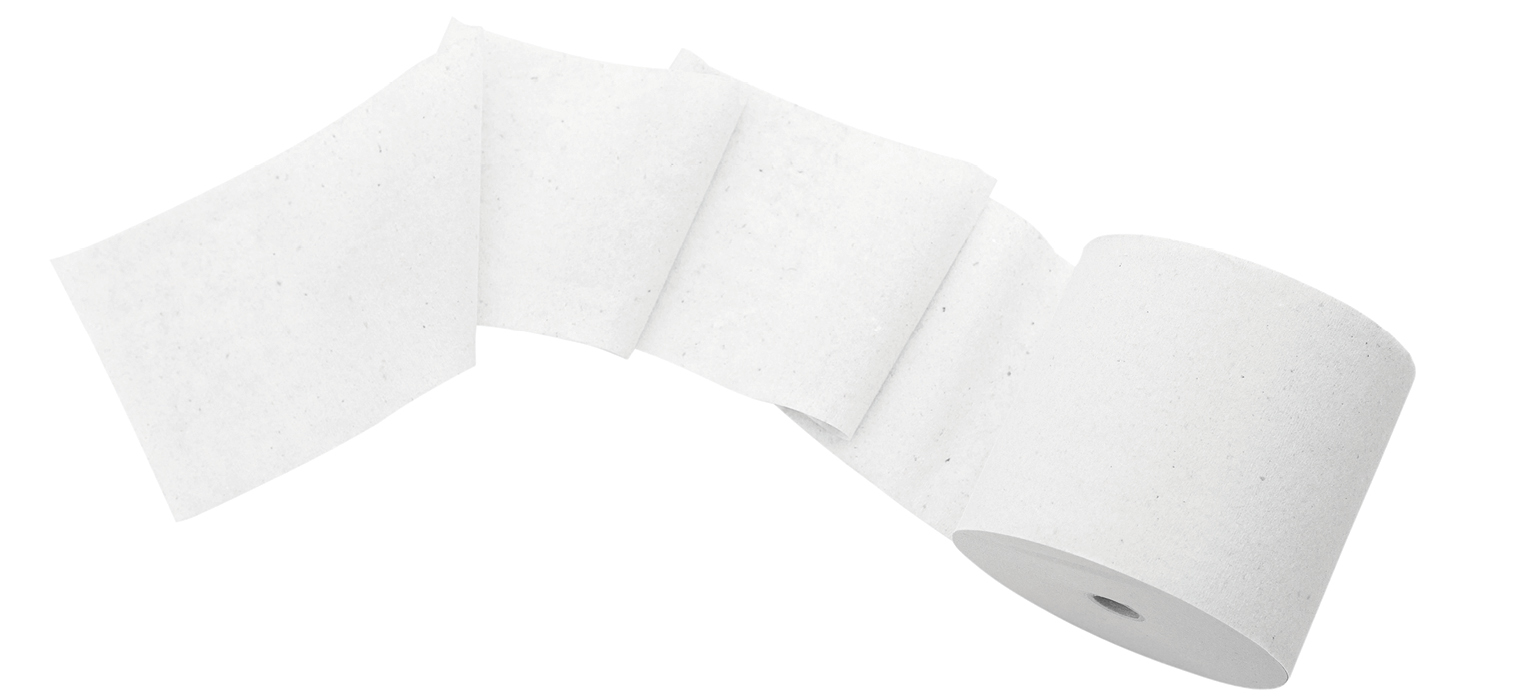
Why is it important to speak to your doctor?
There are several types of urinary incontinence with different symptoms and causes, including urinary tract infections, constipation, nerve blockage, and more. Your doctor needs to understand your symptoms to determine what type you have and what treatments to consider.
A bladder diary capturing your toileting habits over several days is a helpful tool to share with your provider. Include details like these:
- Listing everything you ate and drank on those days
- How many times you intentionally urinated throughout the day
- How many nighttime trips you made to the bathroom
- The strength of your urine flow
- Did you experience any accidents. If so, how many? What caused the accidents?
Treating incontinence matters for your physical and mental health.
Along with the physical effects, those with UI may also tend to avoid social contacts due to the unpredictability and inconvenience of their condition. This isolation can affect mental health and overall quality of life. All the more reason to speak up at your next visit and explore treatments that can help you manage your UI and get back to enjoying life with confidence.

Your quarterly Generations Advantage Over-the-Counter benefit can be used for incontinence supplies, including bladder control pads. Visit MartinsPoint.org/OverTheCounter to learn more.
Get Mental Health Support
24 hours a day, 7 days a week.
If you or someone you know is in emotional distress—help is available no matter what time of day or night. The Suicide and Crisis Lifeline is there to assist with a range of support—for those in crisis and/or considering suicide or self-harm to those who need help with the mental health challenges that come with substance abuse, economic worries, relationships, sexual identity, getting over abuse, mental or physical illness, loneliness, and more. To get help right away:
- Call the Suicide and Crisis Lifeline at 988.
- Veteran’s Crisis Line: call 988 then press 1
- Call 1-800-273-TALK (1-800-273-8255).
- Text HOME to 741741 to access the Crisis Text Line.
Behavioral Health Care Management Program
A Martin’s Point care manager can also help address ongoing behavioral health needs. To speak with a Martin’s Point behavioral health care manager about our free care management program, call 1-877-659-2403.
Learn more about ways to support the mental health of adults and children on our website at MartinsPoint.org/MentalHealth.

Introducing Our Community Health Worker Team!
As part of our commitment to community well-being, we’re happy to announce our new Community Health Worker team! Their goal is to empower our members to take control of their health by helping them get the care they need.
How Do Community Health Workers Help?
Certified Community Health Workers focus on community-based preventive services and resources. They support, educate, and advocate for members who may have barriers to getting important health care. They provide these key services:
- Health education and promotion
- Help navigating health care services and acting as liaison between members and their providers
- Connecting members to community resources, e.g., transportation, interpreters, financial, etc.
- Advocating for community health needs, including culturally sensitive support for diverse populations
Prevention is Job #1: What to Expect If You Get a Call
The first efforts of this new team will be to reach out to members who may be overdue for important preventive care—like mammograms and colorectal cancer screenings.
If you receive a call from one of our Community Health Workers, please know that the purpose of their call is to learn if they can provide any assistance in getting the care you need. They often can help with transportation, language, nutrition, financial support, navigating the health care system, and more.
Our Community Health Worker team looks forward to serving our members and getting great results in supporting your best health and well-being!
24-Hour Nurse Line 1-800-530-1021
Not sure if you need to go to the ER? Get quick health care advice when you need it.
Whether you need ongoing support for health management or immediate advice after hours, our Nurse Line is here to assist. Our registered nurses provide valuable insights and guidance, ensuring you make informed decisions about your care.
Ongoing Support
Get answers and advice for managing non-life-threatening medical issues. Our nurses can help you understand symptoms, offer advice on health management, and guide you in maintaining your well-being.
After-Hours Decision Making
If you’re unsure whether a condition requires an ER visit or can be managed at home, our nurses offer quick assessments and guidance. They can help you decide if you should seek urgent care or if it’s safe to wait for a regular appointment.
Refer a Friend!
Do you have a friend who is turning 65 and deserves great benefits like you have?
Refer them!
Please let your friends and family know they can get excellent Medicare benefits and service by joining a Generations Advantage plan.
Ask them to call 1-877-317-2062 (TTY: 711).

To Contact Generations Advantage:
Material presented in this newsletter is not intended to replace your health care provider’s medical advice. Every year, Medicare evaluates plans based on a 5-star rating system. Generations Advantage 2023 Overall Ratings: 5 out of 5 Stars for HMO Contract H5591; 4.5 out of 5 Stars for LPPO Contract H1365. Visit www.Medicare.gov for more information. Martin’s Point Generations Advantage is a health plan with a Medicare contract offering HMO, HMO-POS, HMO SNP, and local PPO products. Enrollment in a Martin’s Point Generations Advantage plan depends on contract renewal. Material presented in this newsletter is not intended to replace your health care provider’s medical advice. Martin’s Point Health Care complies with applicable federal civil rights laws and does not discriminate on the basis of race, color, national origin, age, disability, or sex.






